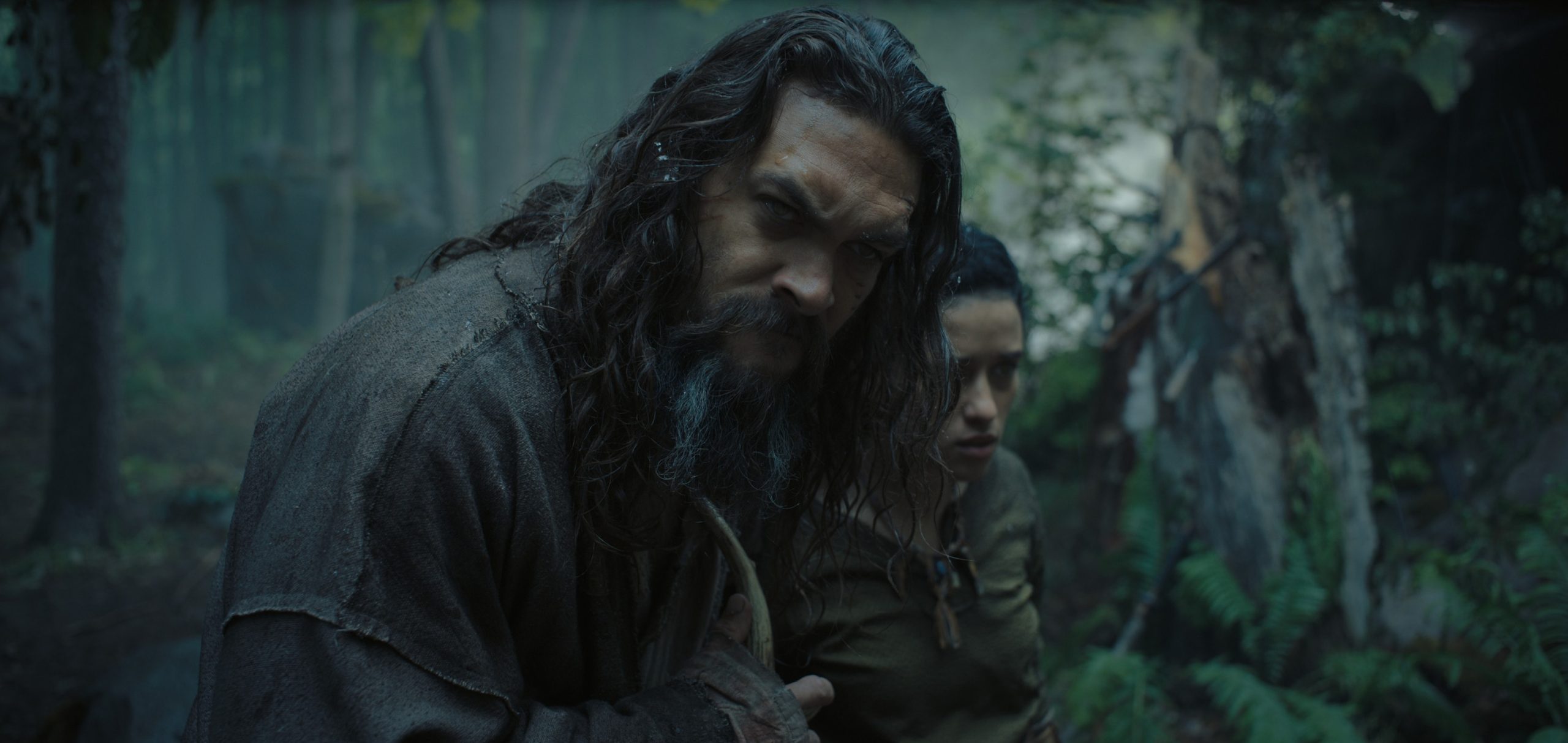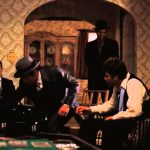See (2019–2022)

See, which aired from 2019 to 2022 on Apple TV Plus, represents a bold and imaginative entry into the realm of post-apocalyptic science fiction television. Created by Steven Knight and directed by Francis Lawrence, the series stands out for its innovative exploration of a world where blindness has become the norm. Through its rich narrative, striking visual storytelling, and compelling performances, See offers a thought-provoking examination of humanity’s struggle for survival, the primal need for community, and the evolution of power dynamics in an extraordinarily altered world.
Set in a distant future where a mysterious catastrophe has left the human race blind for generations, See presents a unique and challenging premise. The series imagines a world where society has adapted to the absence of sight, developing alternative ways of interacting with the environment and each other. The loss of vision has profoundly transformed human civilization, influencing everything from societal structures to technological advancements. This premise invites viewers to engage with a radically different reality, where the challenges and triumphs of the characters are experienced through a lens of sensory deprivation.
At the heart of See is a gripping narrative centered around Baba Voss (played by Jason Momoa), a tribal leader who must protect his family and tribe from various threats. Baba Voss’s life takes a dramatic turn when his wife, Maghra (played by Hera Hilmar), gives birth to twins who possess the rare ability to see. This revelation sets off a chain of events that pits Baba Voss against powerful adversaries, including the tyrannical Queen Kane (played by Sylvia Hoeks) and her ruthless general, Edo Voss (played by Dave Bautista). The struggle for control over these sighted children becomes a central conflict in the series, as the twins’ unique abilities hold the potential to reshape the world.
One of the most striking aspects of See is its visual storytelling. Despite the world of See being one where blindness is the norm, the series employs a visually stunning approach to convey its narrative. The cinematography, directed by Francis Lawrence, utilizes sweeping landscapes, intricate set designs, and dynamic camera work to create a vivid portrayal of this post-apocalyptic world. The contrast between the rugged, natural environments and the intricately designed settlements emphasizes the stark differences between the old and new worlds. The series also effectively uses sound design to immerse viewers in the sensory experiences of the characters, highlighting the heightened importance of auditory and tactile perceptions in a sightless society.

The themes explored in See are deeply resonant and multifaceted. The series delves into concepts of power, survival, and community, exploring how these dynamics shift in a world where traditional senses are absent. The struggle for power is depicted through the political machinations and conflicts between different factions, each vying for control over the sighted twins and their potential to bring about change. The survival aspect is portrayed through the characters’ resourcefulness and adaptability, as they navigate the challenges of a harsh environment and the constant threat of violence. The primal need for community is highlighted through the strong bonds between characters and their collective efforts to protect and nurture each other.

Jason Momoa’s portrayal of Baba Voss is a standout element of the series. His performance captures the character’s strength, vulnerability, and deep sense of responsibility. Baba Voss’s journey is one of personal growth and sacrifice, as he grapples with his role as protector and leader in a world filled with peril. The supporting cast, including Hera Hilmar, Sylvia Hoeks, and Dave Bautista, delivers strong performances that contribute to the show’s emotional depth and complexity.
See also invites viewers to reflect on broader philosophical and existential questions. The series raises intriguing considerations about human adaptation and evolution in the face of extreme circumstances. It challenges viewers to think about the ways in which sensory perception shapes our understanding of reality and how society might function if fundamental senses were altered or lost. The show’s exploration of these themes adds layers of intellectual engagement to its thrilling narrative.

Despite its ambitious vision, See has received a range of critical responses. Some critics have praised the series for its originality and visual flair, highlighting its bold approach to storytelling and world-building. Others have noted that the pacing and development of certain plotlines can be uneven, and the series’ reliance on genre conventions may not appeal to all viewers. Nonetheless, See has carved out a distinct niche within the science fiction genre and has garnered a dedicated fan base.
In conclusion, See (2019–2022) stands as a compelling and innovative addition to the science fiction television landscape. Through its unique premise, striking visual storytelling, and exploration of complex themes, the series offers a thought-provoking reflection on humanity’s ability to adapt and evolve in a radically altered world. Created by Steven Knight and directed by Francis Lawrence, See challenges viewers to engage with a vision of the future that is both imaginative and deeply resonant, making it a noteworthy contribution to the genre.











